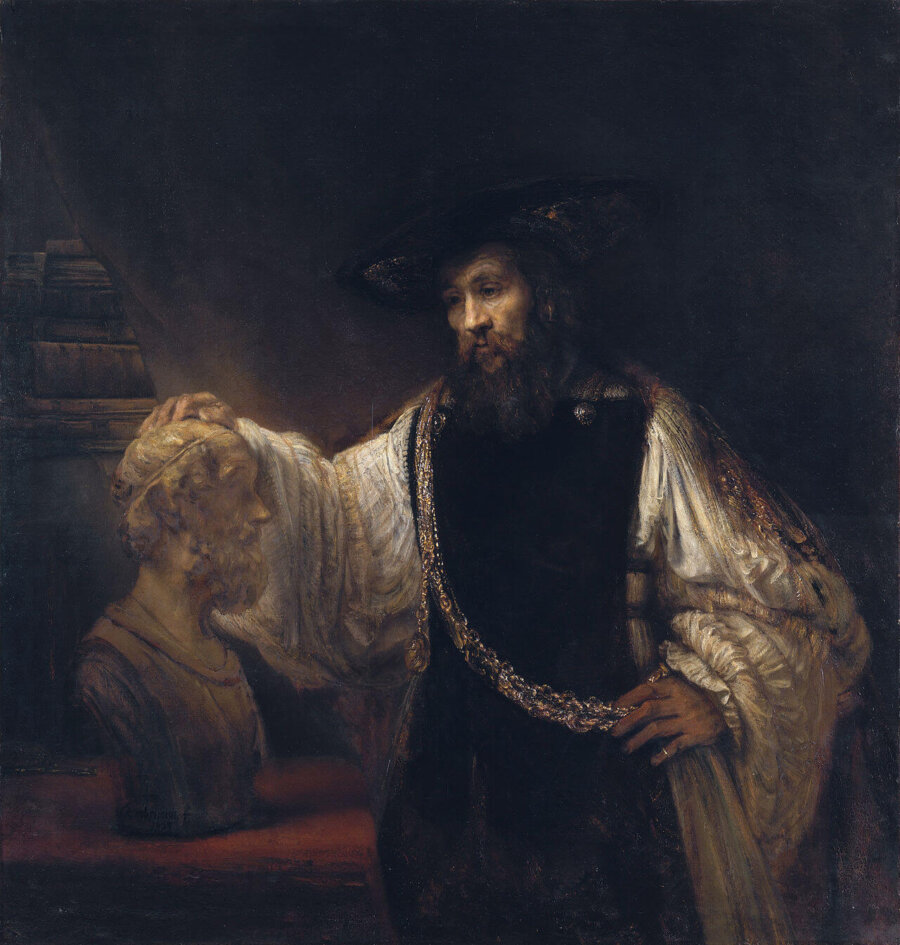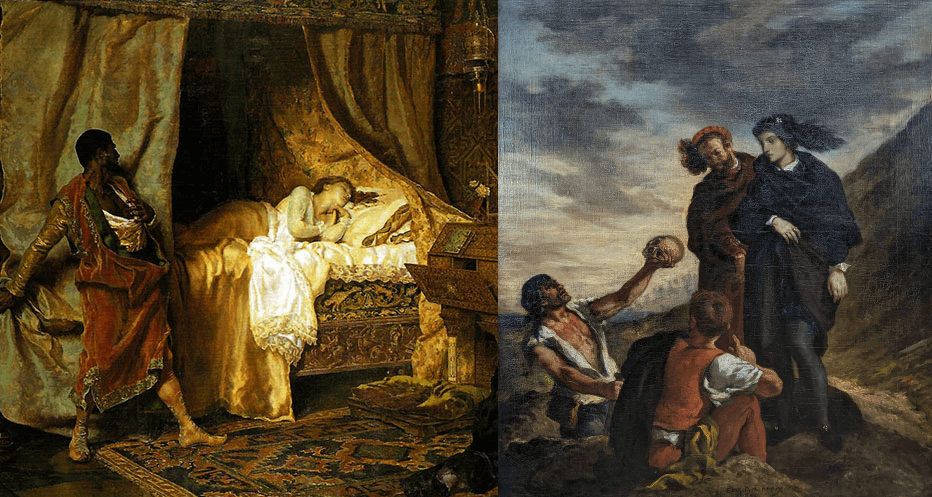For the Love of Wisdom

When I first began my graduate studies in philosophy, I’d be told – in so many words as well as body language – that any residual hopes of finding wisdom in this field should be put away, along with other childish things.
We could take courses in the history of philosophy, where we’d encounter bygone philosophers who had entertained that hope – to see where they went off the deep end. Or we could study well-regarded contemporaries who’d suffered from no such illusions.
In the English-speaking world, where the main effort was to banish cloudy notions and to be clear, the very ideal of wisdom seemed like a shadowy projection, able to give no account of itself that withstood scrutiny.
On the Continent, philosophy provided insights that had to do with real people — struggling through lives bestrewn with hazards – but the lessons I came across in those days involved renouncing illusions.
Off campus, this was the heyday of Freudian psychoanalysis. At least two of my friends were undergoing this kind of psychic reconfiguring. One of the friends was a woman who’d graduated first in her college class. The other was an unusually intelligent and sophisticated male philosopher.
Their “cures” flattened them. Whatever idealizations they’d harbored were now treated as excess baggage — nothing they needed to carry. What were they carrying instead, to help them ford the future’s rapids? Nothing, so far as I could see. They’d traded their “illusions” (as they now regarded former painful aspirations) for … nothing at all!
Now it so happened that I brought to the study halls another stream of influence. I didn’t know what precisely to do about it, and it afforded no entry into the kind of philosophy I was learning in graduate school.
What influences were those? There was my philosopher father, Henry M. Rosenthal, whom one of his teachers described as “one of the very few extraordinary men that have walked into my life … not only a man of unusual literary gifts but of extraordinary spiritual insight and courage.” There was Leo Bronstein, my father’s best friend, who was hard to characterize: a thinker about art, author of multiple books, having a mind that was a distillate of multiple cultures but owned by none, a loved and – by his students unforgotten — teacher at Brandeis University. There was my mother. When I telephoned my oldest friend to tell that my mother had died, my friend’s first words were, “She was a jewel of a human being.” In Milbridge, Maine, where my parents had a home, she was assessed with Downeast accuracy as “almost a saint.” And there was my grandfather, former chief rabbi of Odessa and much else besides. He died before I entered adolescence, but he was a large enough figure to be a patriarch in the Biblical mode. He was the real reason I thought the stories in the Bible might have happened more or less as they were reported … .
These influences hadn’t gone into me like the ingredients of a recipe, ready to stir and bake. Rather, my first duty as I saw it was to gain enough escape velocity to be able to live my own life, rather than merely celebrate theirs. Their era was not mine. Their problems were not mine. Their genius was not mine. If I failed to go forward and find my own way, with the materials at hand in my experience, whatever I did or said to honor them would not be credible. The world would think: if they were so great, why did you never get a life of your own? And the world would be right. To devote my life to honoring them would be to dishonor them.
So I did not turn back to commemorate any of them till I was well along on the pathway that belonged uniquely to my own life. I mention these influences now because they were sufficient to impart the conviction in me that there is such a thing as wisdom. If my teachers thought otherwise, my teachers were mistaken. And the work I eventually did in philosophy would go toward showing that, and showing why.
The other day, I came across a book titled, What Is Ancient Philosophy? by an author with the highest academic credentials one can get in France. He has become an influence, in the fields of classical studies, philosophy and beyond. He is Pierre Hadot, Professor Emeritus of the College de France in Paris. He tells that the ancient philosophers didn’t merely engage in the verbal contest between rival theories. Their words, publicly spoken and written, were not granted intellectual permission to go in one direction while their lives went in another.
Hadot’s ancient philosophers founded philosophic schools, each identified by its own sense of what wisdom is. In words and by mere close association, they taught and exemplified ways to live. They gathered students, developed future teachers, often ate in common and allowed their students to take in — by dialogue between peers, dialectic, meditative practices, classroom question and answer — not merely what they thought but
who they were.




